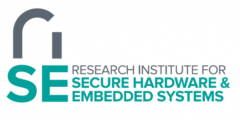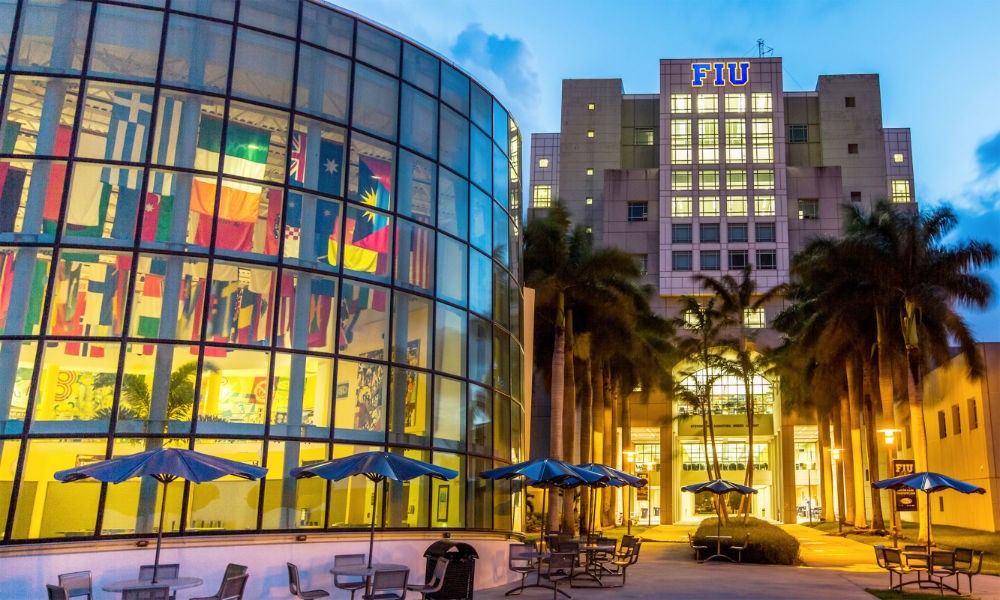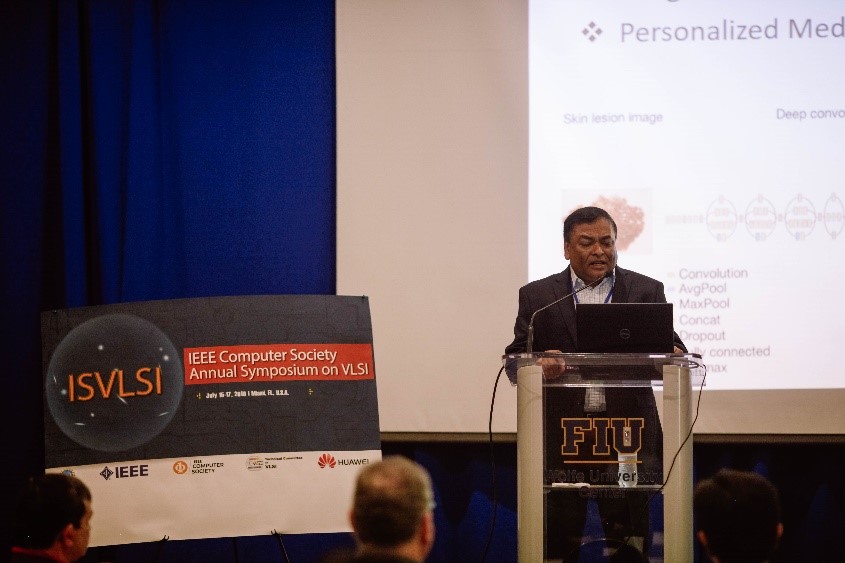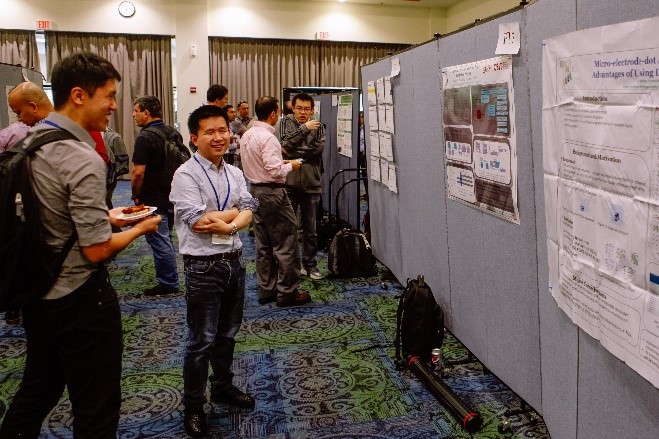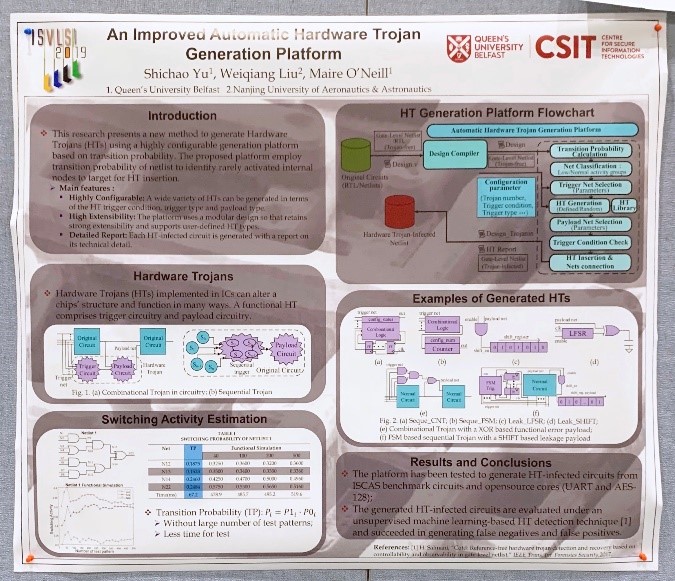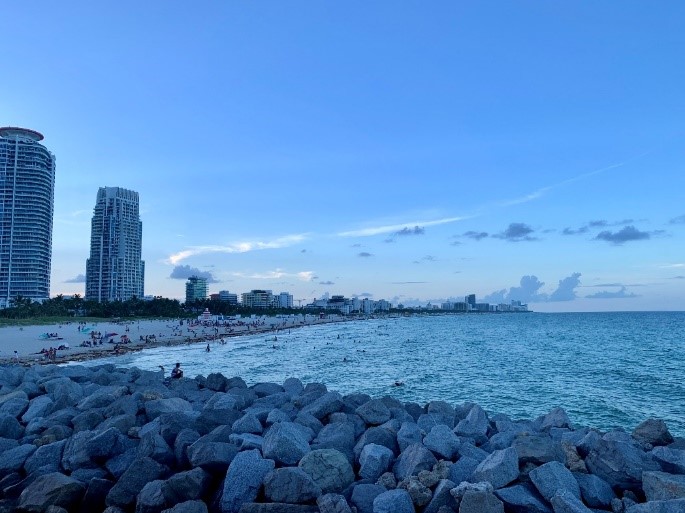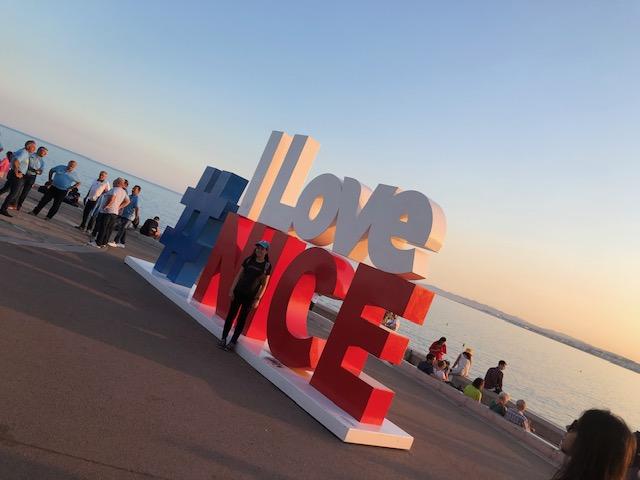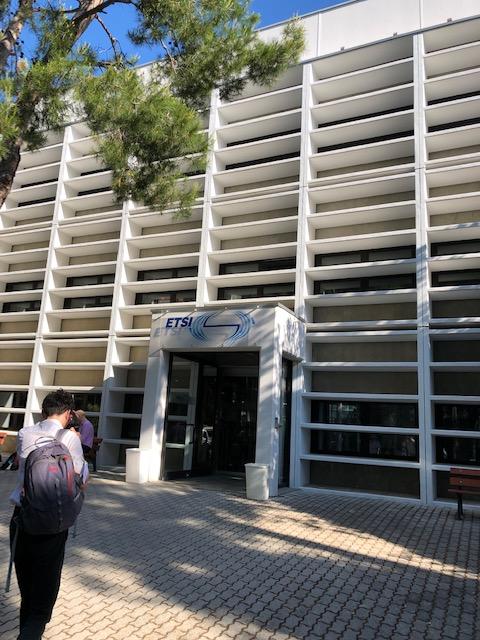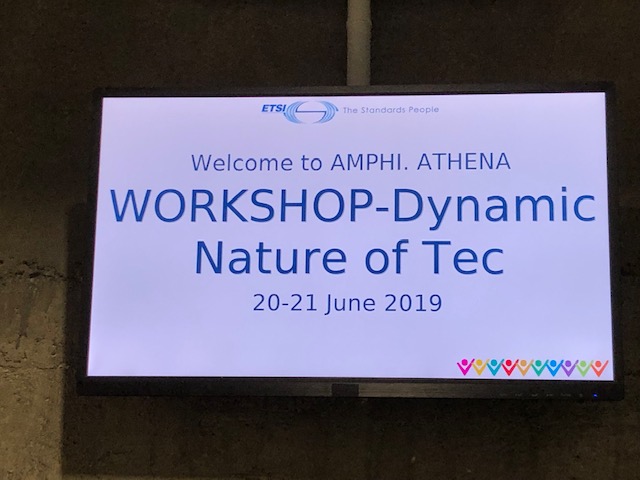Presenting the work of AESIN and the UK Automotive Council and Zenzic, supported by Queens University Belfast, University of South Wales, University of Edinburgh and the Turing Institute and with further support from BSI, this series of workshops is designed to:
- Present and discuss the limitations with existing standards in meeting the requirements of the Automotive and other mobility industries worldwide
- Present the methodology proposed by AESIN, UK Automotive Council and Zenzic to achieve operationalizable and legally sustainable cyber resilience
- In the context of that methodology set out the research agenda and give examples of applying the outcomes of existing and potential research in support of the methodology
There are 4 workshops which are each limited to 50 attendees. At each site a different academic partner will highlight examples of applying the outcomes of existing and potential research in different areas in support of the methodology.
The workshops will be held at:
4th Dec 2019 – ECIT, Queen’s University of Belfast, Queen’s Road, Queen’s Island, Belfast, BT3 9DT. QUB are the academic partner and will use research examples from hardware. Click here for tickets
11th Dec 2019 – University of South Wales Conference Centre, CF37 1DL UoSW are the academic partner and will use research examples from Forensics. Click here for tickets
8th Jan 2020 – NXP, Colvilles Road, Glasgow G75 0TG. University of Edinburgh are the academic partner and will use research examples from Modelling. Click here for tickets
15th Jan 2020 – Plexal, 14 East Bay Lane, Here East, Queen Elizabeth Olympic Park, London, E20 3BS. The Turing Institute are the academic partner and will use research examples from mathematics and probability. Click here for tickets
Who should attend?
This event is designed specifically for researchers with an interest in automotive cyber resilience and the application of security and other research outcomes, including PhD and other research students and their supervisors, early career researchers, representatives from industry, government and other defence and security-relevant NGOs.
For further information please refer to the below guide.
